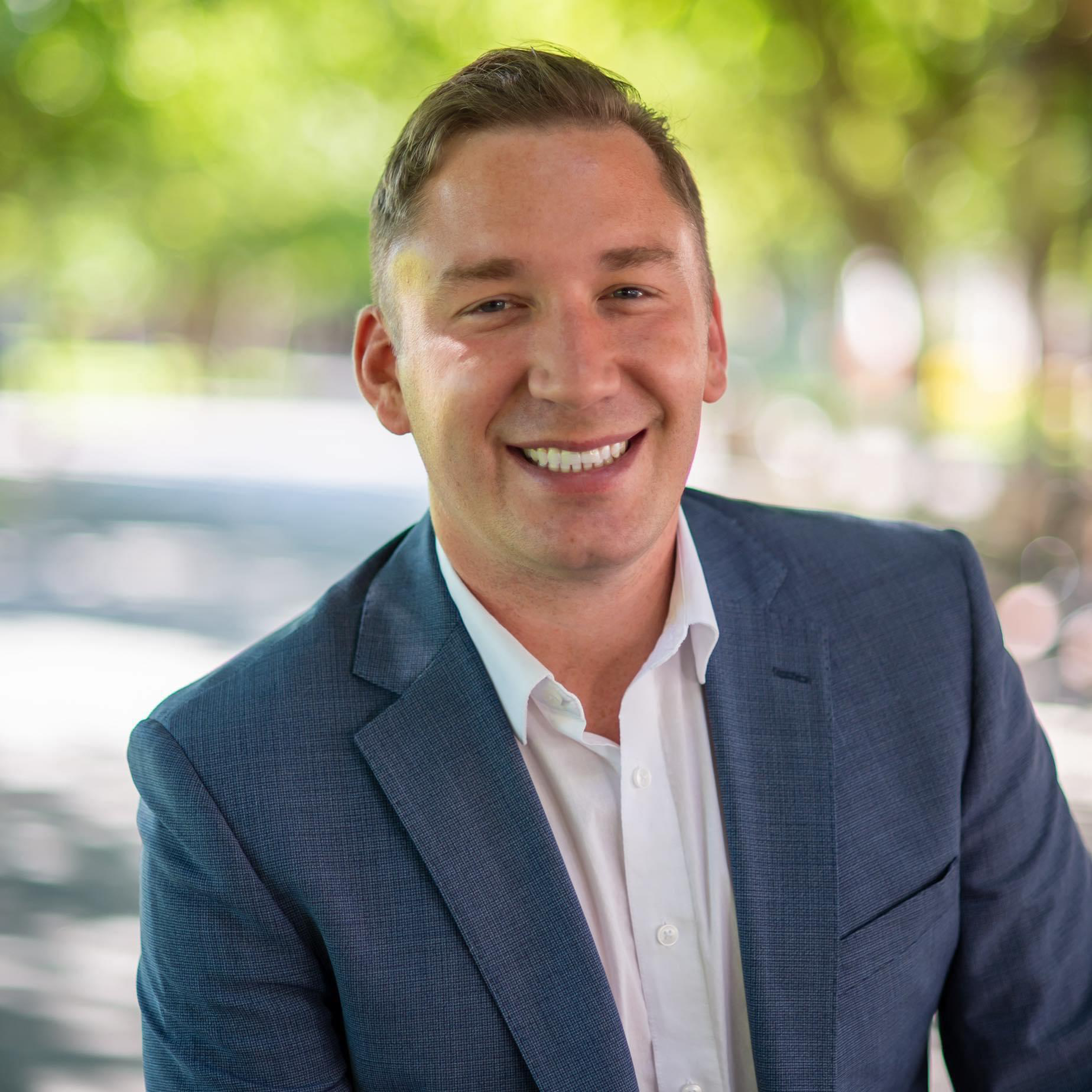California State Assembly, District 26

Patrick Ahrens
As a former foster and homeless youth, I am committed to ensuring every child has access to high quality education from birth to adulthood, a safe and stable home, and affordable healthcare. My mission is to create policies rooted in eradicating poverty, removing barriers, and creating opportunities for children and families to succeed.
-
Over 80% of voters polled say they want elected officials to prioritize children and families. What are the top three issues affecting our children and families and how will you make our region a place where all families can thrive?
The top three issues affecting our children and families are affordable housing, access to high quality education, and healthcare. Silicon Valley’s housing crisis has driven many families away, and our state’s budget needs to better reflect the needs of children and their families. I will fight for increased investment in affordable housing to keep families in the region, support our education workforce to ensure every child has access to quality schools, and expand Medi-Cal and mental health services for children, especially in historically underinvested areas. By shifting our budget priorities to focus on the whole child, we can build a thriving, sustainable community for all families.
-
High quality childcare improves school readiness and parents' workforce participation. What will you do to improve access to high quality childcare and preschool programs in our diverse communities?
Due to my difficult upbringing, Head Start gave me a safe space to learn and grow. That experience drives my passion for ensuring all families have access to high quality, affordable early childhood education. While the State’s expansion of 200,000 subsidized child care slots is a step in the right direction, it’s not enough. To truly support families, we need to increase funding for childcare subsidies and invest in the child care workforce by improving pay, training, and benefits to attract and retain quality caregivers. Additionally, we need to reduce barriers to access by encouraging businesses to provide on-site care and streamline licensing processes for providers.
-
Much of the student achievement gap has been linked to the opportunity gap that children in low-income families and children of color confront (e.g., lack of access to healthy food, preschool, tutors, and enrichment activities). If elected, what will you do to increase equity of opportunity?
I grew up in a low-income household and understand the transformative impact of dedicated support. My own success was made possible by the guidance of my teachers and counselors, as well as access to after-school programs. If elected, I will prioritize expanding access to counselors, tutors, mentors, and after-school programs to help bridge the opportunity gap for children from low-income families and children of color. Every child deserves the opportunity to thrive, and I will work tirelessly to make that a reality.
-
What steps will you take to improve inclusion and outcomes for children with disabilities and their families in our community?
As someone with a learning disability, I know firsthand the challenges faced by children with disabilities and will fight for increased access to specialized services in schools and funding for special education. My record speaks for itself — as District Director, I secured funding to build an all-inclusive playground at Jollyman Park to support individuals of all ages and abilities, including those with autism, sensory challenges, and physical disabilities. This is just the beginning of the work I will continue to do to ensure every child has the opportunity to thrive in an inclusive environment.
-
If elected, how will you use the resources of your new role to improve children's well-being and access to mental and behavioral health services?
If elected, I will advocate for the necessary funding and policies to ensure every child has the emotional and behavioral support they need to thrive. Since the pandemic, student mental health challenges have increased significantly, making it even more urgent to normalize mental health and create an environment where seeking help is a sign of strength, not weakness or shame. In my role as District Director for Assemblymember Low, I have already worked hard to normalize mental health, including organizing mental health town halls to bring awareness and support to our community.